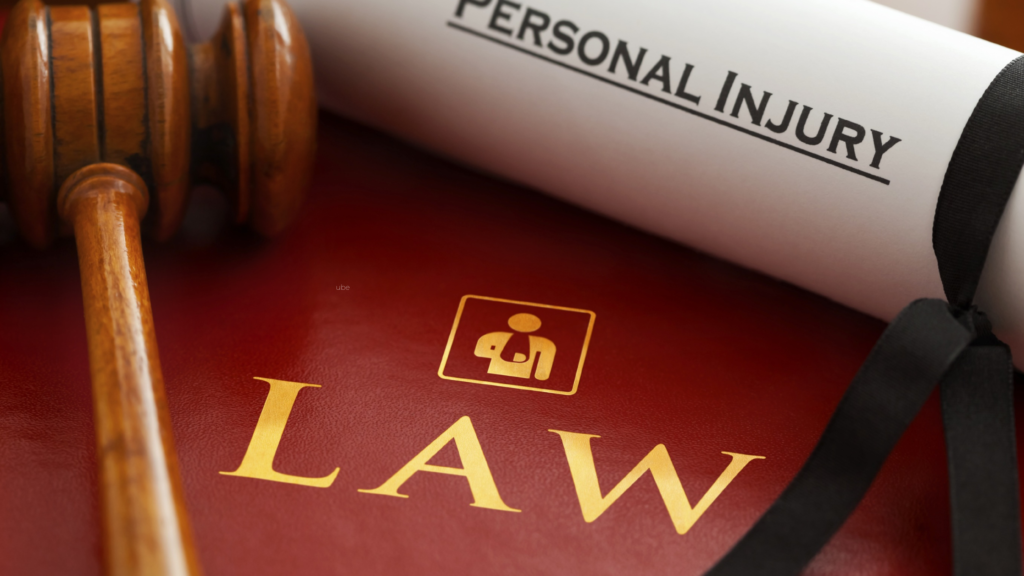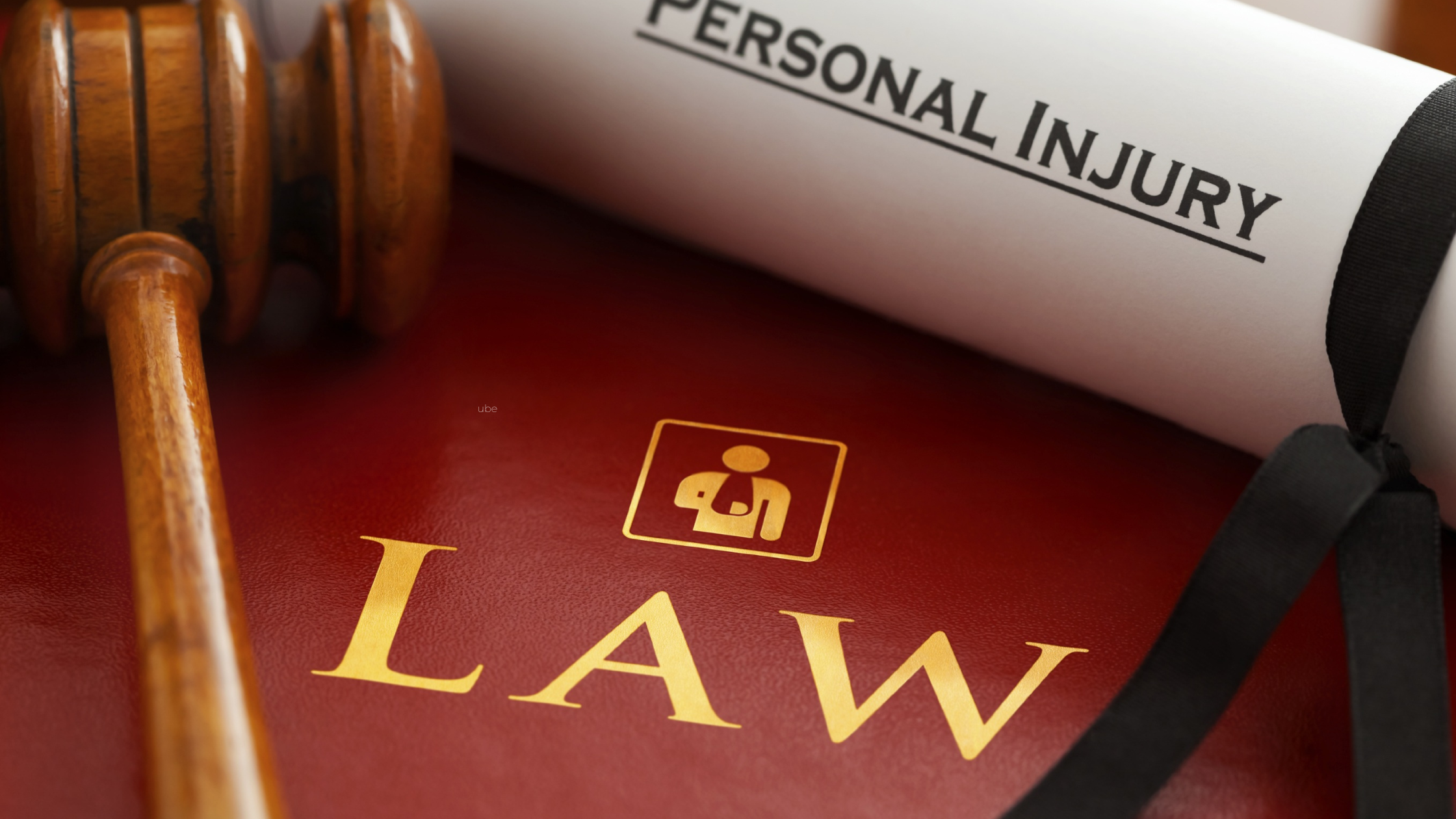

Having a lawyer on your side as an A&R is a good idea. So, why is that? I will let you know about its importance here in this blog by highlighting some of the excerpts:
As an A&R (or any other member of a record label), you will likely be exposed to thousands of pieces of music every month. You will want to make sure that everything you are working with is legally cleared and that your company has the ability to use it freely.
To do this, you need to make sure that you have a lawyer on hand who understands how the music industry works. Here are some examples:
As an A&R, you will likely be exposed to thousands of pieces of music every month. You will want to make sure that everything you are working with is legally cleared and that your company has the ability to use it freely.
You must understand what it means when a piece of music is “legally clear” or “cleared”. This simply means that the rights have been obtained in order for your company to use it commercially without receiving any legal backlash from any individuals or organizations who own rights to the piece (e.g., the actual musician/band who created it). It also means knowing who owns those rights so you can contact them directly if needed. In other words, this step prevents any legal action against your company for copyright infringement which could result in expensive litigation fees and/or penalties being imposed on you personally as well as on your employer should they choose not to take adequate precautions before using someone else’s creative work (music) within their business operations (recording studios).
What is the most important thing to remember when you are working on a contract?
A contract is a legal document, and as such, it should be clear and concise. The contract should also be fair to both parties involved in the deal. A good contract will specify exactly what you’re agreeing to do, by when, and for how much. It should also specify which party will pay for what costs (for example, if someone wants you to travel somewhere for a meeting or performance, who’s paying for your flight?)
Once all of this has been agreed upon in writing, make sure that both parties sign the document!
As an A&R, you know how difficult it can be to make money in the music industry. Royalty collection is no different. In fact, it may be even more difficult because there are so many entities that are entitled to royalties for your artists’ work. You need to know how to collect royalties from:
You must know how to collect royalties from all sources.
streaming services, digital downloads, physical sales, and sync licensing are the main ways that artists make money from their music these days. If you’re not collecting from these sources then you’re missing out on a huge chunk of your income.
The foundation of any record label is its talent and its legal rights to the talent’s music.
Make sure you know how to collect from all possible sources. The last thing you want to do is sign yourself or your company into a bad deal that may cost you money, power, or time down the road.
If you’re working with music and talent, it’s critical that you have legal representation. A good lawyer will help ensure that you are protected from mistakes and theft, as well as make sure that your label is able to collect royalties and monetize its talent. This is an investment well worth making!


Signing a record deal is normally a very complex experience so here are some critical elements you should consider when trying to make it happen.
So you’ve been working hard on your music, and now a record label is interested in signing you. That’s great! But before you sign anything, make sure you know what kind of contract they’re offering and exactly who will be able to use your songs. Here are six rules to follow when signing your first music contract:
Reading the contract carefully is the most important step. Look for clauses that you don’t understand, are vague, or are ambiguous. Also, look out for any unfair clauses and make sure you understand what they mean before signing your name on the dotted line.
If you are a singer/songwriter and have recently signed a record contract with an artiste agency, there are some things that you need to know. When signing your first contract as a new artiste, it is important not to assume anything. There are several common mistakes that first-time signees make when they enter the music industry. Below are six rules that you should follow when signing your first record deal:
Be sure to know your options. There are different types of contracts you can sign, and each one comes with certain pros and cons. You’ll want to weigh them all carefully before signing on the dotted line.
You can find out more about each option by talking with an entertainment lawyer or a manager or even a friend who’s been through it before but if you’re looking for unbiased advice, Wikipedia is a great place to start!
If you are not getting a response from companies, it is important to ask them why. If you do not get a response, then it is time to start asking what they are going to do about it.
If they cannot explain why they can’t or won’t sign your record contract as an artiste and what they intend on doing about the matter, then chances are that this record label has no intention of signing you.
Never sign a new contract without reading and understanding it first. The best time to read the contract is before you sign it, not after. If you don’t understand the terms or conditions of the contract, ask questions until you do before signing on the dotted line. Even if your lawyer says that everything is fine, ask yourself whether he/she would be willing to stake his/her reputation on something he/she didn’t completely understand.
The bottom line is that you need to be prepared when you sign your recording contract. Do your homework, read the contract carefully, and don’t rush into it. If something doesn’t seem right or you’re unsure about something then ask for advice from someone who knows what they’re doing like a lawyer or an industry expert!